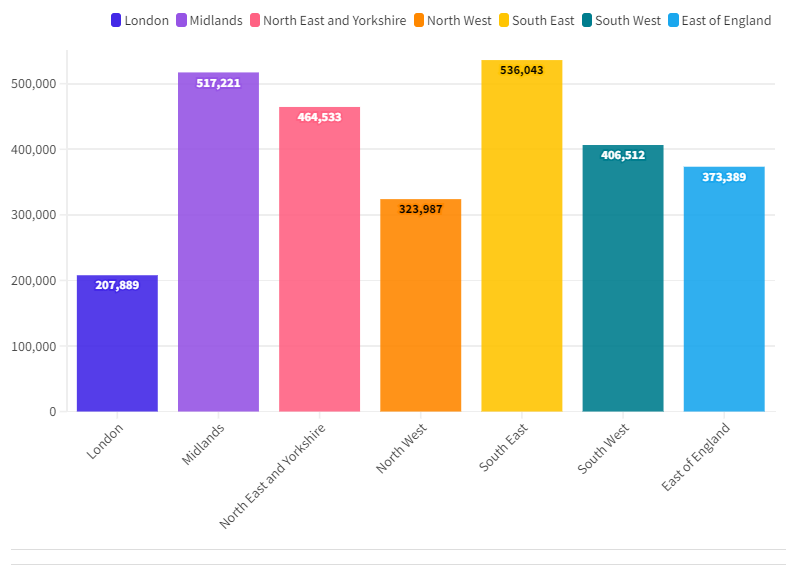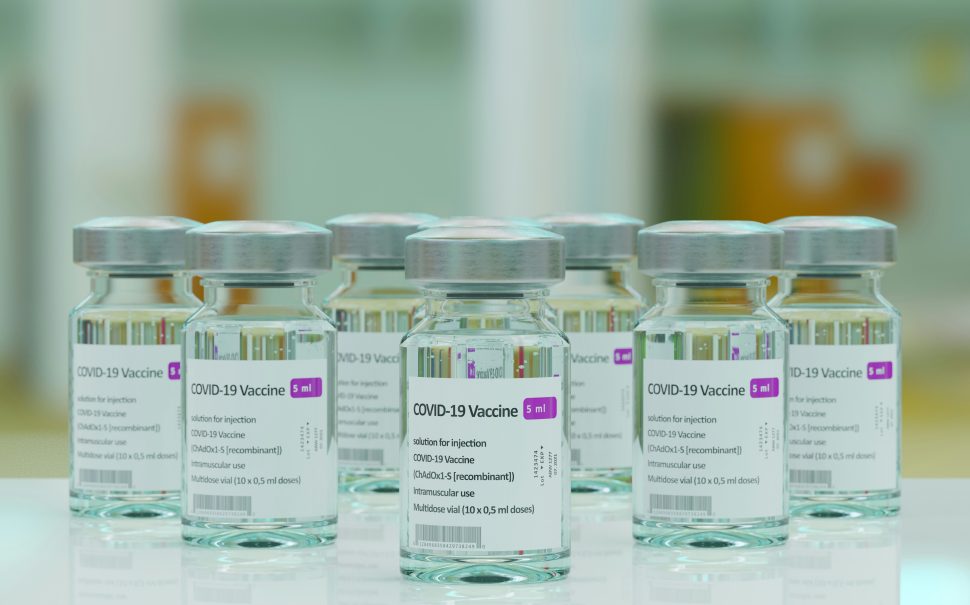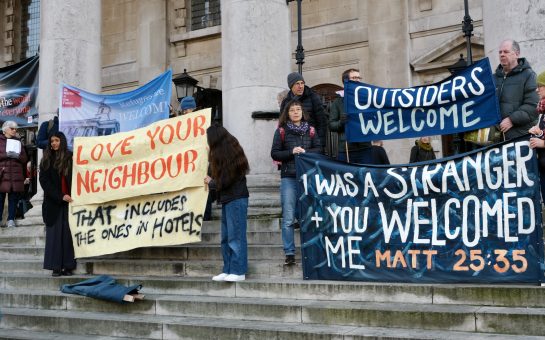London’s COVID spring vaccination rate is significantly lower than the rest of England, NHS data reveals.
Since the NHS began administering the free spring booster in April, more than 200,000 Londoners have taken up the booster (as of 12 May, the most up to date figures).
However, that number pales in comparison to the rest of the country, with both the Midlands and the South East seeing more than half a million jabs.
To be eligible for the booster, you must be 75 or older by 30th June, living in a care home for older adults or immunosuppressed and older than six months.

Chart: COVID-19 Spring Vaccinations by NHS Region of Residence 2024
Dr Marsha Brown, a former GP and Clinical Partner at Fulham Cross Medical Center said: “The low vaccination rate in London can be attributed to the city’s diverse nature.
“For certain groups of people and their knowledge, and certain ingrained health beliefs that are really difficult to shift.
“Certain groups of people choose not to get vaccinated for various reasons. Some don’t believe it works, while others fear vaccinations would cause harm.
“Due to London’s diverse population, including individuals from different socioeconomic backgrounds and people of African and Caribbean descent, there is a lack of trust in the vaccine.
“They don’t understand that if more and more people are vaccinated, the risk of infectious diseases will reduce.”
Brown mentioned Stamford Hill, a community of 15,000 Hasidic Jews in the London Borough of Hackney, a community that often does not take vaccines.
Brown also emphasised another reason for London’s low vaccination rate is because patients may fear complications, particularly the risk of blood clots.
She added: “Some people experienced reduced platelet levels, which increased their risk of developing clotting disorders.
“I think some people are worried about the side effects of the vaccinations, although the side effects are very, very rare.”
As well as certain Jewish communities in London, some immunosuppressed individuals and older adults are hesitant about participating in the booster campaign.
According to NHS statistics, the number of care home residents decreased by 7% from 24,405 in 2023 to 22,710 in 2024.
However, the spring vaccination rate in 2024 among older adults dropped by 22% compared to 2023.
Barbara, a 62-year-old self-employed business consultant in North London, is concerned as an immunosuppressed individual due to her blood pressure issues.
She declined the offer of the COVID-19 spring booster from her GP this year.
Barbara said: “I don’t have anything against the COVID-19 vaccines, but I’ve already been vaccinated four times since it started in 2020, that’s too much.
“I received the spring vaccine last year, I’m self-employed and mostly work from home, so I don’t see the need to get the spring booster again this year.”
Another reason for London’s low vaccination rate could be people’s lack of trust in boosters.
Mr and Mrs Xie, aged 80 and 83, visit London annually from China to see their daughter Jane, and both of them are eligible to receive free spring booster.
Jane said: “My parents are not willing to get the COVID booster due to concerns about the technology used and the speed of development compared to other vaccinations.”
The vaccination rate for elderly care home residents in London has almost halved compared to last year.
According to the NHS statistics, since bookings opened in April, less than 10,000 of the nearly 23,000 eligible older adult care home residents in London have received their vaccination by 8 May.
By contrast, the vaccination rate is higher outside of London, where people may be more optimistic about receiving the NHS COVID-19 vaccine.
Sirfalas, a 30-year-old from Avon, is one of the patients targeted by the NHS Spring Vaccination campaign, as he had previously had cancer.
He said: “There are plenty of studies around how vulnerable people can have the vaccine too and doesn’t cause more of cancer in a way.
“My opinions are very pro-vaccine.”
In 2021, Sirfalas created a non-profit web page on Facebook, and has been promoting reliable scientific information on the effects on vaccination for the past three years.
Sifalas said: “I’ve personally lost a family member who refused to have the vaccine and passed away as a result, which was a massive loss.
“The reason I support Covid vaccination is that it helps protect vulnerable people from Covid-19, backed by ample evidence of safety and effectiveness.
“I’ve been offered the NHS Spring-Covid booster this year, but I haven’t been able to book an appointment yet because my local NHS doesn’t offer weekend appointments, and my full-time job gets in the way.
“My local NHS has been very helpful in offering spring boosters and I’ll book my appointment when I get the time off work to do so, as it conflicts with getting it.”
Featured image: credit to Braňo on Unsplash





